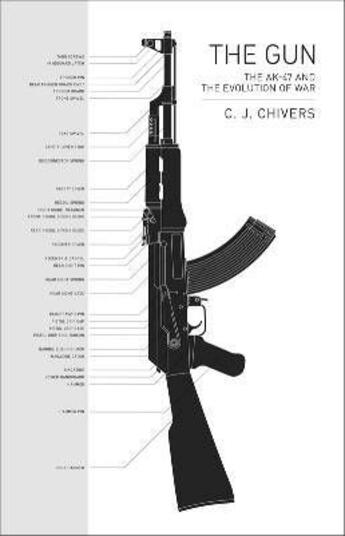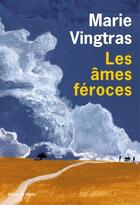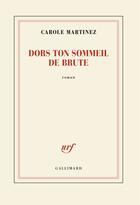-
Date de parution : 29/12/2010
-
Editeur :
Viking Adult
-
EAN : 9780713998375
-
Série :
(-)
-
Support :
Papier
Résumé:
Since the early experiments of Gatling and Maxim, battlefields have been transformed by the hideous existence of the machine-gun - a weapon that first created the 'asymmetric' colonial massacres enjoyed by the British in Africa but which then created the nightmarish stalemate of the First World... Voir plus
Since the early experiments of Gatling and Maxim, battlefields have been transformed by the hideous existence of the machine-gun - a weapon that first created the 'asymmetric' colonial massacres enjoyed by the British in Africa but which then created the nightmarish stalemate of the First World War. The quest for ever greater firepower and mobility culminated in the AK-47 at the beginning of the Cold War, a weapon so remarkable that, over sixty years after its invention and having broken free of all state control, it has become central to civil wars all over the world, a weapon so light that it can be used by children.
Kalashnikovs are the most abundant firearms on earth and C J Chivers' extraordinary new book reads like an alternative history of the world as seen through these terrible weapons. The machine-gun in its origins reused many innovations associated with new agricultural technology (as did the tank) and there is perhaps no better example of how so much of the modern era has turned on the awful ambiguity at the heart of human inventiveness. Drawing on a huge amount of fascinating and original research, The Gun is the story of modern violence: its inventors, its users and its victims. It is a book of eccentrics, sadists, obsessives, but also of the countless individual soldiers, terrorists and militiamen whose lives have been transformed by the inventive mind of Sargeant Kalashnikov.
Donner votre avis















